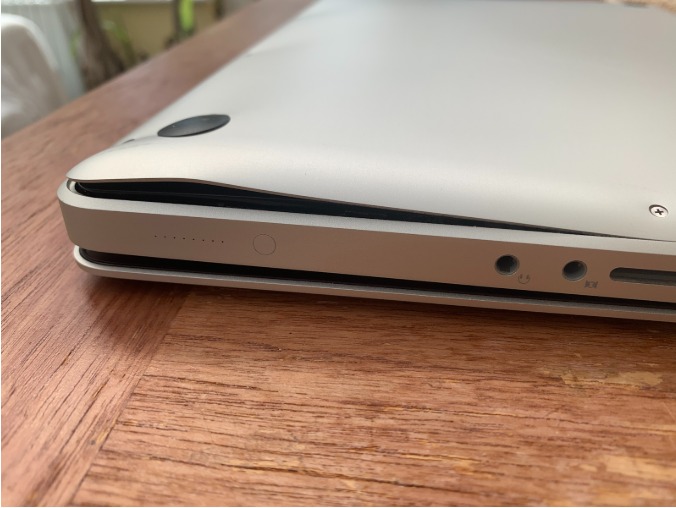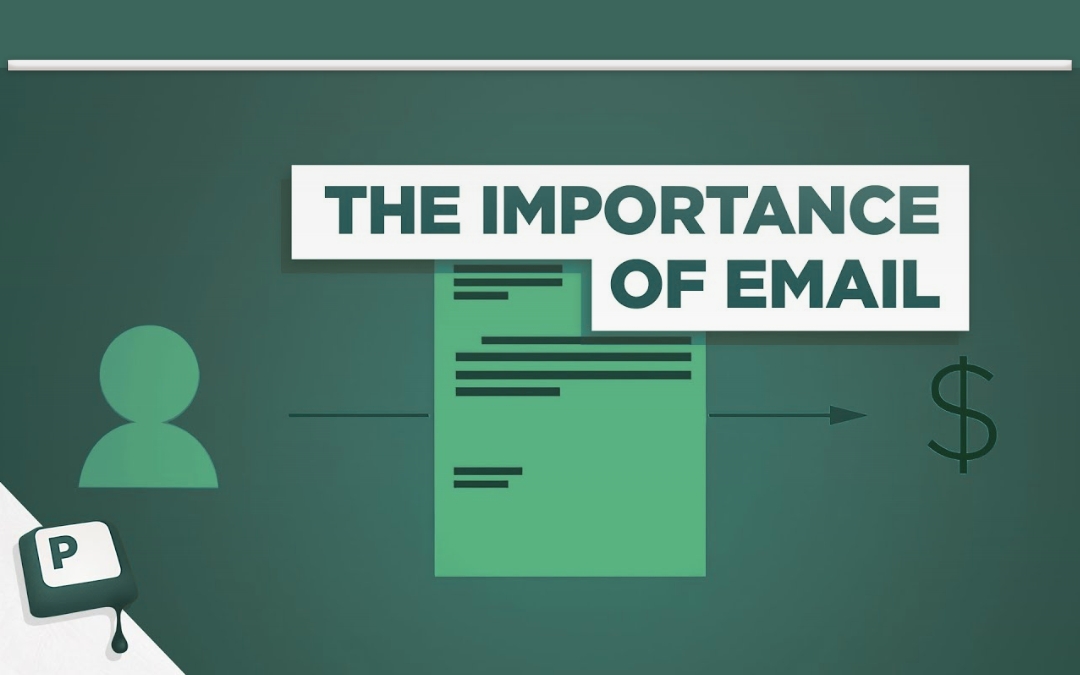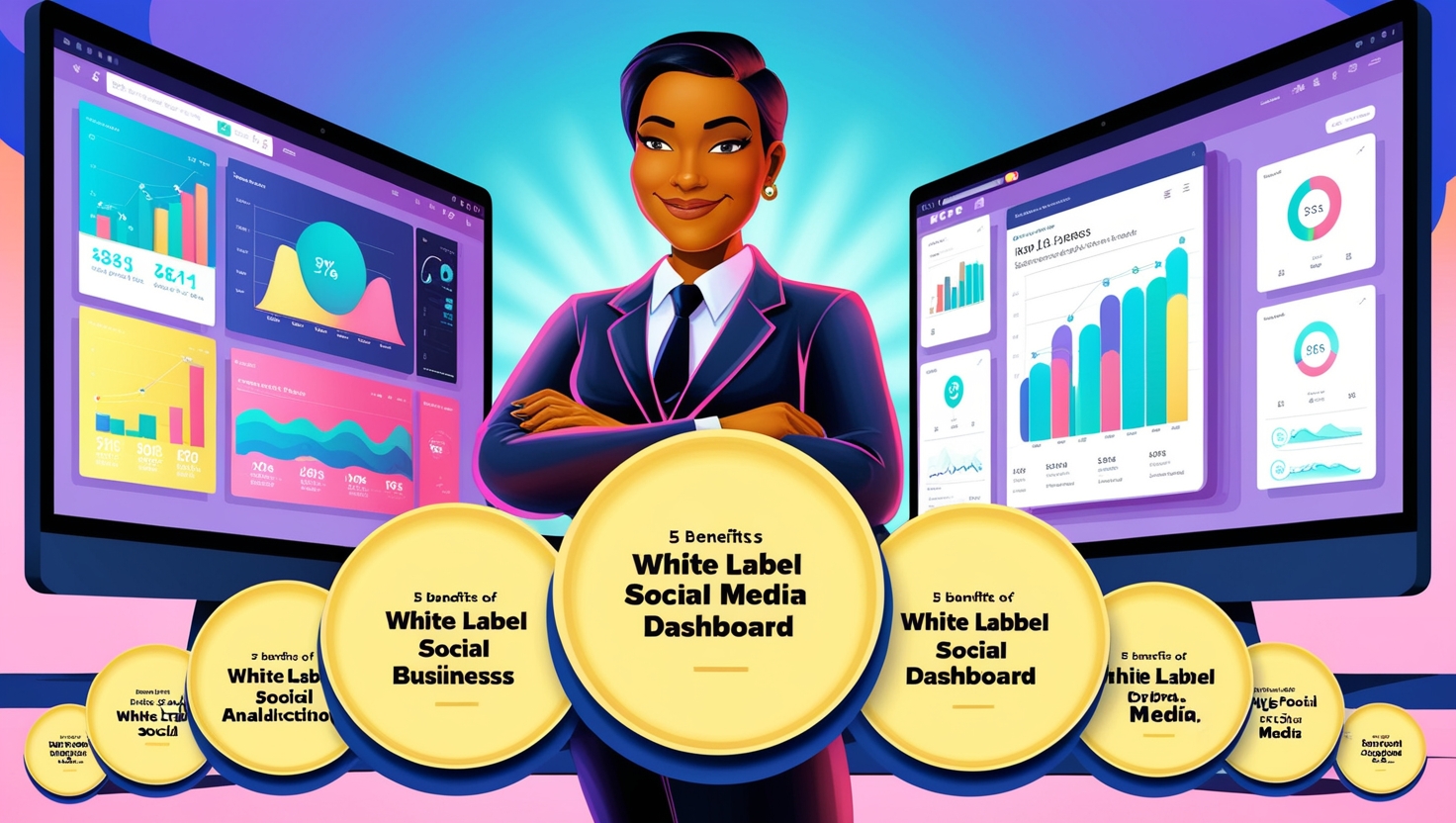In recent years, the field of cognitive performance tracking has gained significant attention, particularly as more individuals seek to understand and enhance their mental capabilities. One of the most promising tools in this area is electroencephalography (EEG) software, which provides insights into brain activity and cognitive function. With advancements in technology, platforms like neuromatch and other neurology software are revolutionizing how we monitor and assess cognitive performance. This article explores how EEG software is being utilized in cognitive performance tracking, its benefits, and the implications for various fields, including education, sports, and mental health.
Understanding EEG and Its Applications
Electroencephalography (EEG) is a non-invasive technique that measures electrical activity in the brain through electrodes placed on the scalp. This method allows researchers and clinicians to observe brain wave patterns associated with different cognitive states, such as attention, relaxation, and sleep. EEG has been used for decades in clinical settings to diagnose neurological disorders, but its applications have expanded significantly in recent years.
Cognitive Performance Tracking
Cognitive performance tracking involves assessing an individual’s mental capabilities, including memory, attention, problem-solving, and decision-making. By analyzing brain activity through EEG, researchers and practitioners can gain valuable insights into how these cognitive processes function and how they can be improved. EEG software plays a crucial role in this process by providing tools for data collection, analysis, and visualization.
The Role of EEG Software in Cognitive Performance Tracking
EEG software has transformed the way cognitive performance is tracked and analyzed. Here are some key ways in which this technology is being utilized:
Real-Time Monitoring
One of the most significant advantages of EEG software is its ability to provide real-time monitoring of brain activity. This feature allows researchers and clinicians to observe changes in cognitive performance as they occur, offering immediate feedback. For example, during a cognitive task, EEG software can display brain wave patterns that indicate levels of focus or distraction, enabling users to adjust their strategies accordingly.
Data Analysis and Visualization
EEG software, such as neuromatch, offers advanced data analysis capabilities that help interpret complex brain wave patterns. By utilizing algorithms and machine learning techniques, these platforms can identify trends and correlations in brain activity related to cognitive performance. Additionally, visualization tools allow users to see their brain activity in an easily understandable format, making it simpler to grasp the relationship between cognitive states and performance.
Personalized Cognitive Training
With the insights gained from EEG software, personalized cognitive training programs can be developed. By identifying specific areas where an individual may struggle, tailored interventions can be designed to enhance cognitive performance. For instance, if EEG data reveals that a person has difficulty maintaining focus, a training program can be implemented to improve attention skills through targeted exercises.
Research and Development
EEG software is also playing a vital role in research and development across various fields. In educational settings, researchers are using EEG to study how different teaching methods impact cognitive performance. In sports, coaches and trainers are leveraging EEG data to optimize athletes’ mental states for peak performance. The insights gained from these studies can lead to the development of more effective training programs and strategies.
Benefits of Using EEG Software for Cognitive Performance Tracking
The integration of EEG software into cognitive performance tracking offers numerous benefits:
Enhanced Understanding of Cognitive Processes
By providing a window into brain activity, EEG software enhances our understanding of cognitive processes. Researchers can study how different factors, such as stress, fatigue, and environmental conditions, affect cognitive performance. This knowledge can inform strategies for improving mental function in various contexts.
Improved Mental Health Monitoring
EEG software can be a valuable tool for neuromatch mental health conditions. By tracking brain activity associated with anxiety, depression, or attention disorders, clinicians can gain insights into a patient’s condition and adjust treatment plans accordingly. This real-time monitoring can lead to more effective interventions and better outcomes for individuals struggling with mental health issues.
Increased Engagement in Learning and Training
In educational and training settings, EEG software can increase engagement by providing immediate feedback to learners. When students can see how their brain activity correlates with their performance, they may be more motivated to improve their cognitive skills. This interactive approach can lead to more effective learning experiences.
Applications in Various Fields
The applications of EEG software extend beyond education and mental health. In the corporate world, businesses are exploring how cognitive performance tracking can enhance employee productivity and well-being. In the gaming industry, developers are using EEG data to create immersive experiences that adapt to players’ cognitive states. The versatility of EEG software makes it a valuable tool across multiple sectors.
What People Also Ask
What is EEG software, and how does it work?
EEG software is a tool that analyzes electrical activity in the brain through electrodes placed on the scalp. It processes and visualizes brain wave patterns, allowing researchers and clinicians to assess cognitive performance and monitor mental states.
How is EEG used in cognitive performance tracking?
EEG is used in cognitive performance tracking by measuring brain activity during cognitive tasks. The data collected helps identify patterns related to attention, memory, and other cognitive functions, enabling personalized training and interventions to enhance mental capabilities.
What are the benefits of using EEG software for cognitive assessment?
The benefits of using EEG software for cognitive assessment include real-time monitoring of brain activity, enhanced understanding of cognitive processes, improved mental health monitoring, and increased engagement in learning and training environments. These advantages contribute to more effective strategies for cognitive enhancement.
Can EEG software be used for mental health monitoring?
Yes, EEG software can be used for mental health monitoring by tracking brain activity associated with various mental health conditions. This real-time data can help clinicians adjust treatment plans and interventions based on the patient’s current cognitive state.
How does neuromatch contribute to cognitive performance tracking?
Neuromatch contributes to cognitive performance tracking by providing advanced data analysis and visualization tools that help interpret EEG data. Its user-friendly interface allows researchers and clinicians to easily access insights into brain activity, facilitating better understanding and application in cognitive training.
What future developments can we expect in EEG software for cognitive performance tracking?
Future developments in EEG software may include enhanced algorithms for data analysis, improved user interfaces, and integration with other technologies such as virtual reality. These advancements could lead to more sophisticated cognitive training programs and broader applications across various fields.
Conclusion
EEG software is revolutionizing cognitive performance tracking by providing valuable insights into brain activity and cognitive function. With tools like neuromatch, researchers and clinicians can monitor cognitive performance in real-time, analyze complex data, and develop personalized training programs. As the understanding of cognitive processes deepens, the implications for education, sports, and mental health continue to expand. The integration of EEG software into these fields not only enhances individual performance but also paves the way for innovative approaches to cognitive enhancement and mental well-being.




